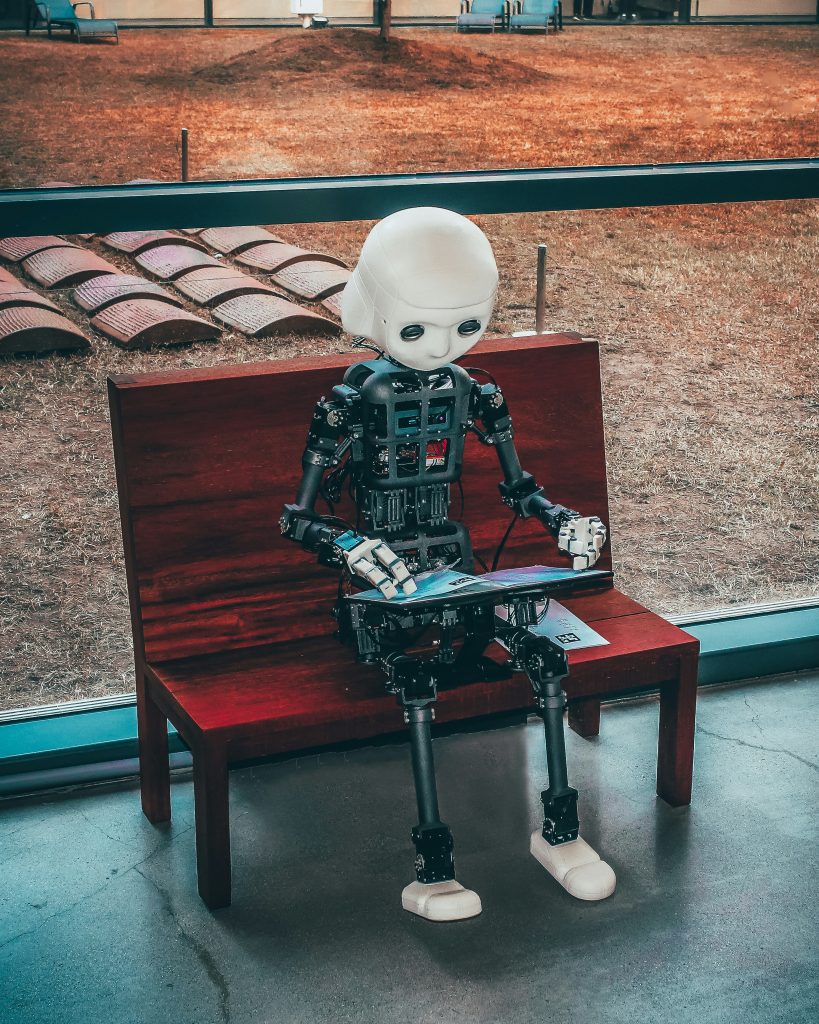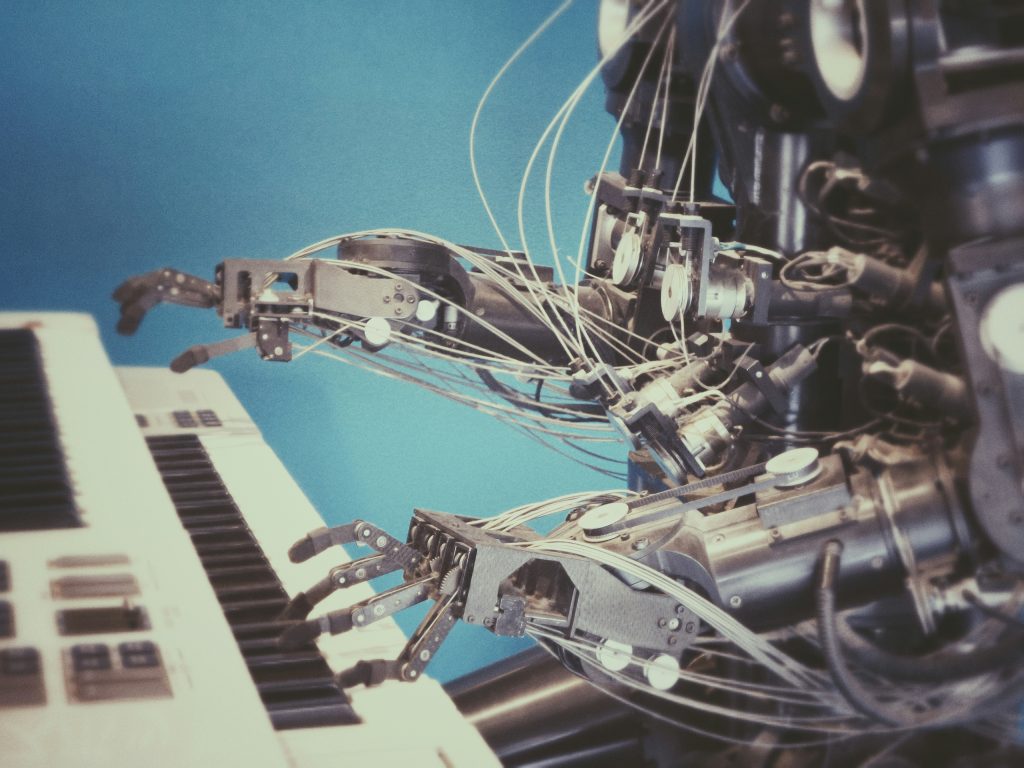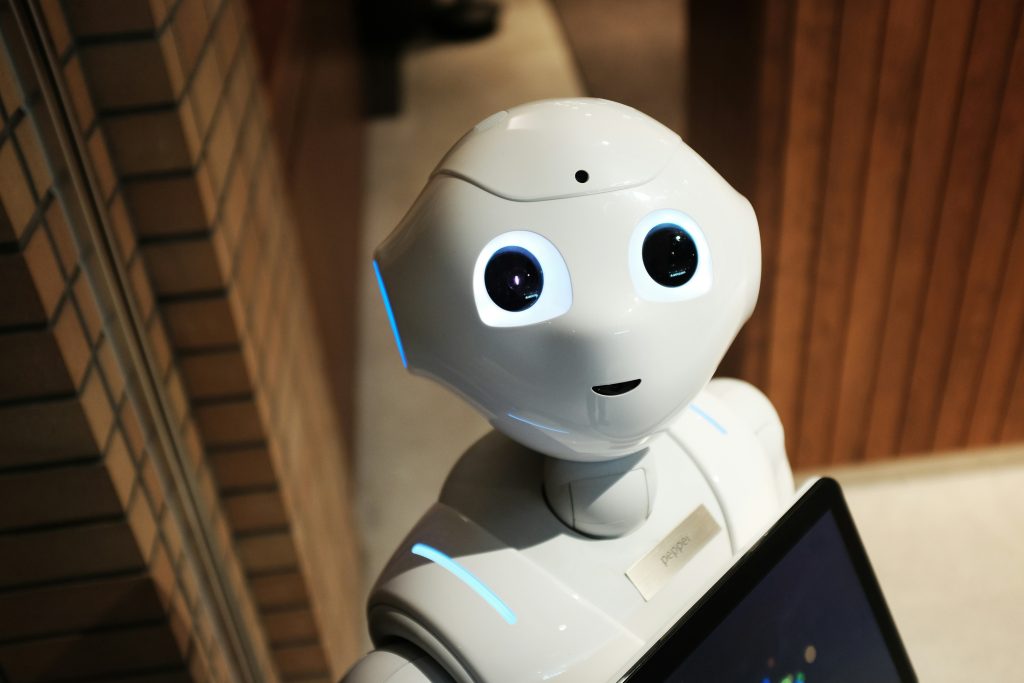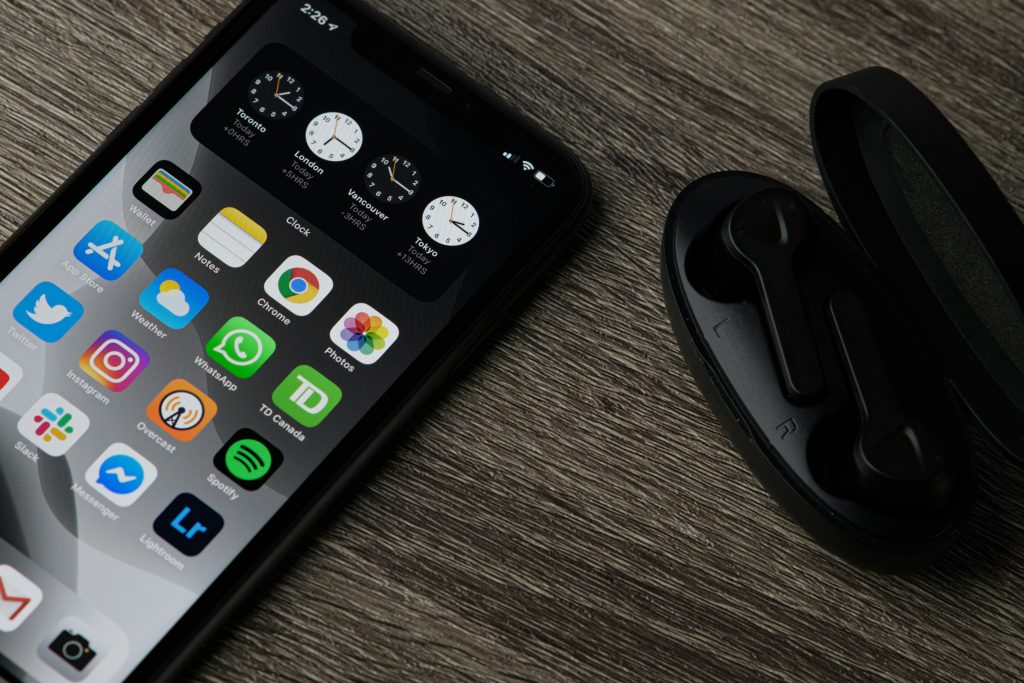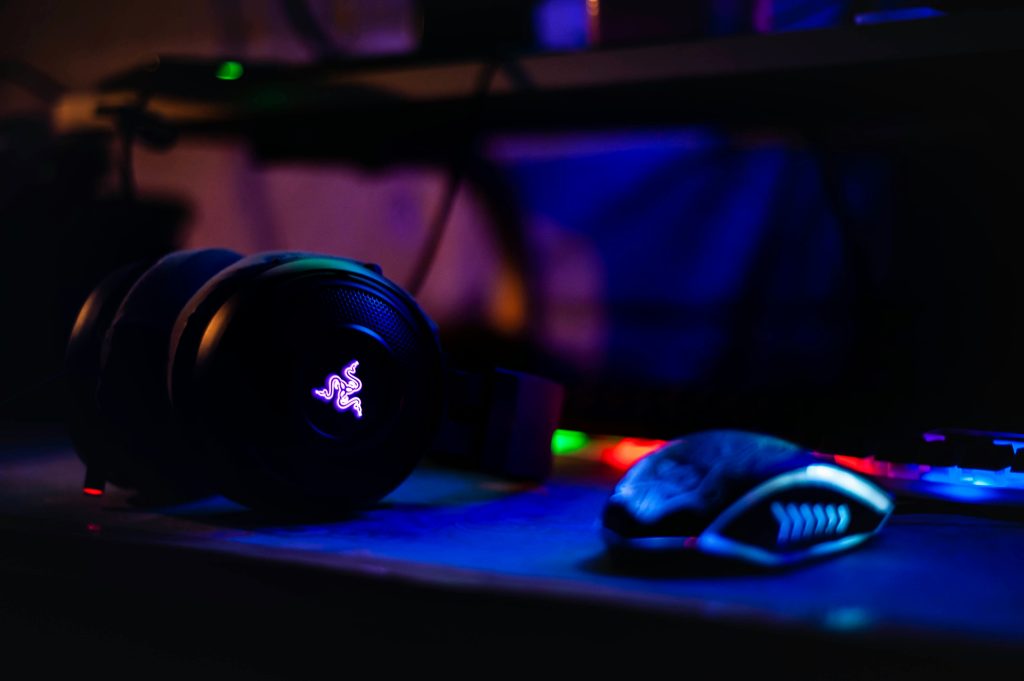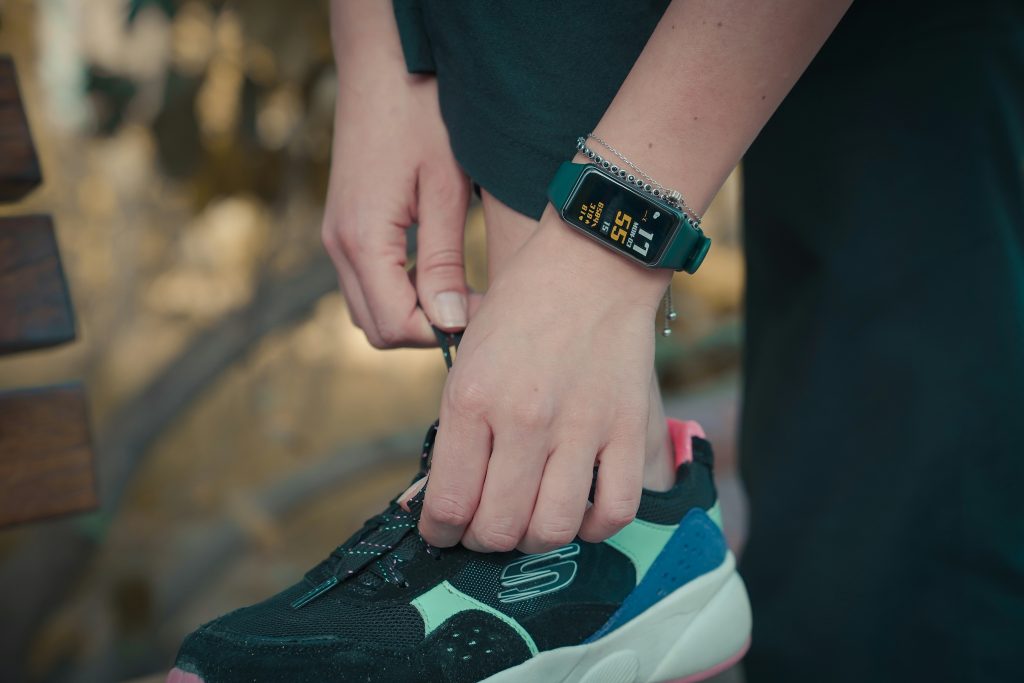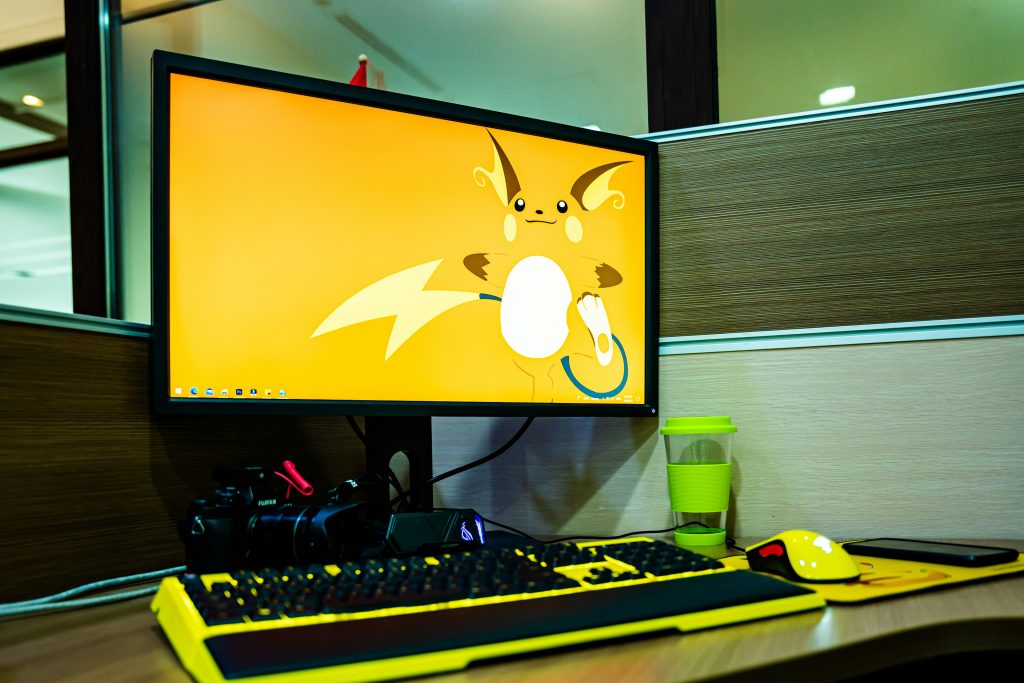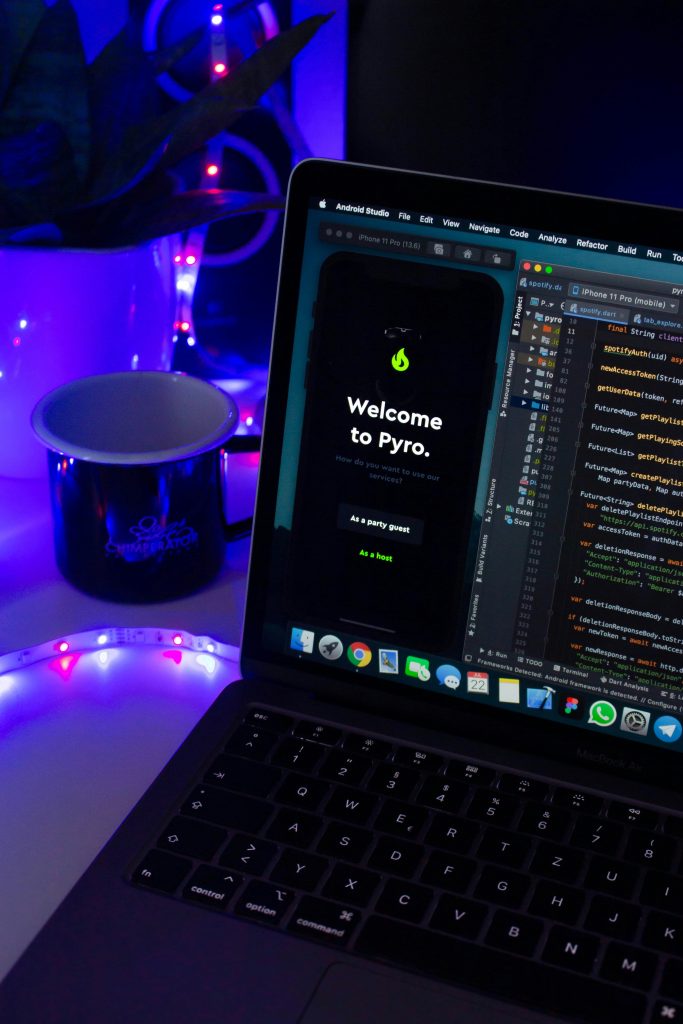Robot Chefs Vs Human Chefs: Who Wins in the Kitchen?
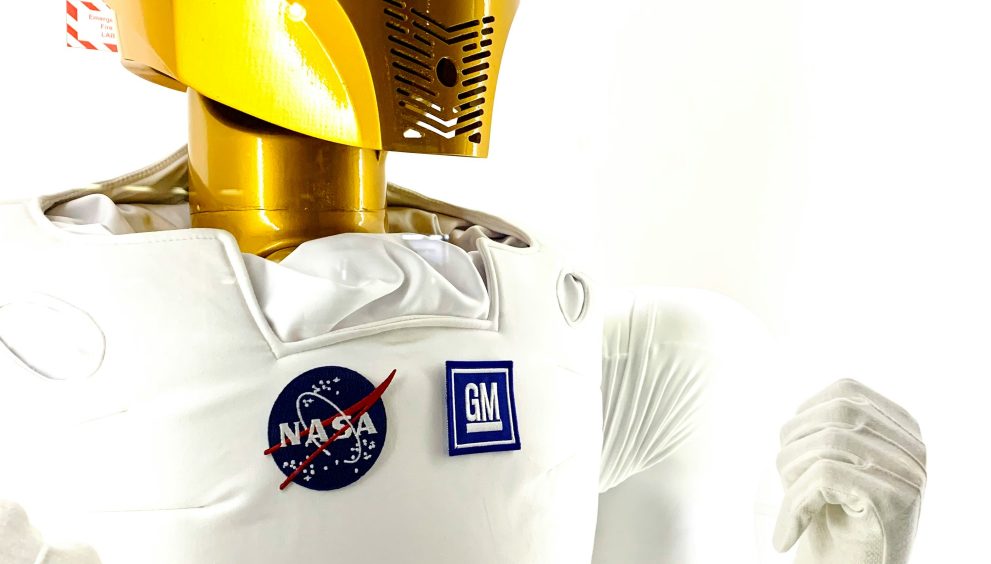
When it comes to the age-old question of robot chefs versus human chefs, the debate is far from over. While robots offer unparalleled speed and precision in the kitchen, human chefs bring a unique touch of creativity and artistry that can elevate a dish to new heights. The clash between technological efficiency and human innovation continues to shape the culinary landscape, leaving us to ponder: in a world where culinary excellence is paramount, who truly reigns supreme in the kitchen?
Evolution of Kitchen Technology
Explore how kitchen technology has evolved over the years, transforming the way you prepare and cook food. Gone are the days of relying solely on manual labor in the kitchen. With advancements in technology, kitchen appliances have become smarter, more efficient, and more versatile.
From the invention of the microwave oven in the 1950s to the rise of smart refrigerators and induction cooktops today, the way you interact with your kitchen has drastically changed.
Imagine a time when you’d to manually light a fire to cook your meals. Now, with the touch of a button, you can precisely control the temperature of your stove or oven. The introduction of food processors, immersion blenders, and sous vide machines has revolutionized the way you prepare ingredients and cook dishes.
As you embrace these technological advancements, you not only save time and effort but also open up a world of culinary possibilities right at your fingertips. Kitchen technology continues to evolve, making cooking more accessible and enjoyable for you.
Precision and Consistency in Cooking
Kitchen technology advancements have enabled chefs to achieve precision and consistency in cooking like never before. With tools such as sous vide machines, precision induction cooktops, and digital scales, you can now ensure that your dishes are cooked to perfection every time. These technologies take the guesswork out of cooking, allowing you to precisely control temperatures, cooking times, and ingredient measurements.
When it comes to achieving consistency, kitchen technology plays a crucial role. Automated systems can replicate the same cooking process repeatedly, ensuring that each dish turns out consistently delicious. Whether you’re cooking for a small dinner party or a large event, these technologies help maintain the quality and taste of your food across all servings.
Creativity and Innovation in Culinary Arts
Delve into the realm of culinary arts and uncover the boundless creativity and innovation that shape the gastronomic landscape today. In the world of food, creativity is a key ingredient that sets exceptional chefs apart. Human chefs bring a unique touch to their dishes, infusing them with personal flair, cultural influences, and inventive combinations. This creativity allows chefs to experiment with flavors, textures, and presentation, constantly pushing the boundaries of traditional cooking.
Innovation in culinary arts is another driving force behind the evolution of the food industry. Chefs are constantly exploring new techniques, ingredients, and technologies to enhance the dining experience. From molecular gastronomy to farm-to-table practices, innovation drives the industry forward, inspiring new trends and revolutionizing the way we think about food.
As the culinary world continues to evolve, the marriage of creativity and innovation remains at the heart of culinary excellence. Human chefs, with their ability to think outside the box and adapt to changing tastes, play a crucial role in shaping the future of gastronomy.
Speed and Efficiency in Meal Preparation
Enhancing speed and efficiency in meal preparation is a critical aspect of modern culinary practices. When comparing robot chefs to human chefs in this aspect, it’s clear that robots have the upper hand. Robots are designed to work tirelessly without breaks, leading to faster meal preparation times. They can chop, mix, and cook simultaneously, streamlining the cooking process.
In busy kitchens, where time is of the essence, this efficiency can make a significant difference. Additionally, robots excel in precision and consistency, ensuring that each dish is prepared exactly the same way every time. This level of uniformity is challenging for human chefs to achieve consistently, especially during peak hours.
Adaptability to Changing Culinary Trends
When considering the realm of culinary innovation, a key factor to explore is the adaptability of both robot chefs and human chefs to changing culinary trends. Robot chefs, equipped with advanced programming and algorithms, have the advantage of being easily updated to follow the latest food trends. Their ability to swiftly adjust recipes and cooking techniques to align with popular culinary preferences gives them a competitive edge in keeping up with the fast-paced nature of the food industry.
On the other hand, human chefs bring a unique touch to their dishes, drawing from their creativity and experience to adapt to changing trends. Their understanding of flavor combinations, textures, and cultural influences allows them to create innovative dishes that resonate with evolving consumer preferences. Human chefs can experiment, tweak recipes on the fly, and incorporate personal flair, making them adaptable to new culinary trends in a way that robot chefs can’t replicate.
The Human Touch in Food Preparation
Explore how human chefs infuse their dishes with a unique touch, setting them apart from robot chefs in the realm of food preparation. The human touch goes beyond mere culinary skills; it encompasses passion, intuition, and emotion. When you cook with love and care, it translates into the flavors and presentation of the dish.
Human chefs have the ability to adapt recipes on the fly, adjusting seasoning or cooking times based on personal judgment or customer preferences. This flexibility allows for a level of customization that robots can’t replicate.
Moreover, human chefs bring creativity and innovation to the kitchen. You can experiment with new ingredients, fusion cuisines, or artistic plating techniques, resulting in dishes that not only taste delicious but also look visually stunning.
The human touch adds a personal connection between the chef and the food, creating a dining experience that resonates with diners on a deeper level. While robots excel in precision and efficiency, they lack the soulful component that human chefs bring to the table.
Conclusion
In the ongoing debate between robot chefs and human chefs, it’s clear that both bring valuable skills to the kitchen.
While robot chefs excel in precision and efficiency, human chefs shine with creativity and adaptability.
The perfect kitchen may involve a harmonious blend of both, combining the reliability of machines with the artistry of humans.
By working together, these two forces can create exceptional dining experiences that satisfy both the palate and the soul.
 English
English 